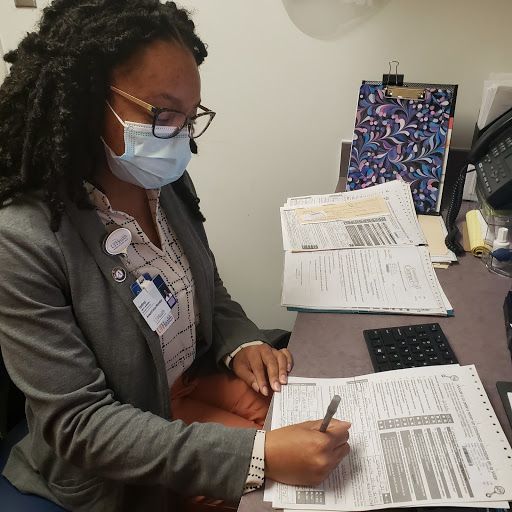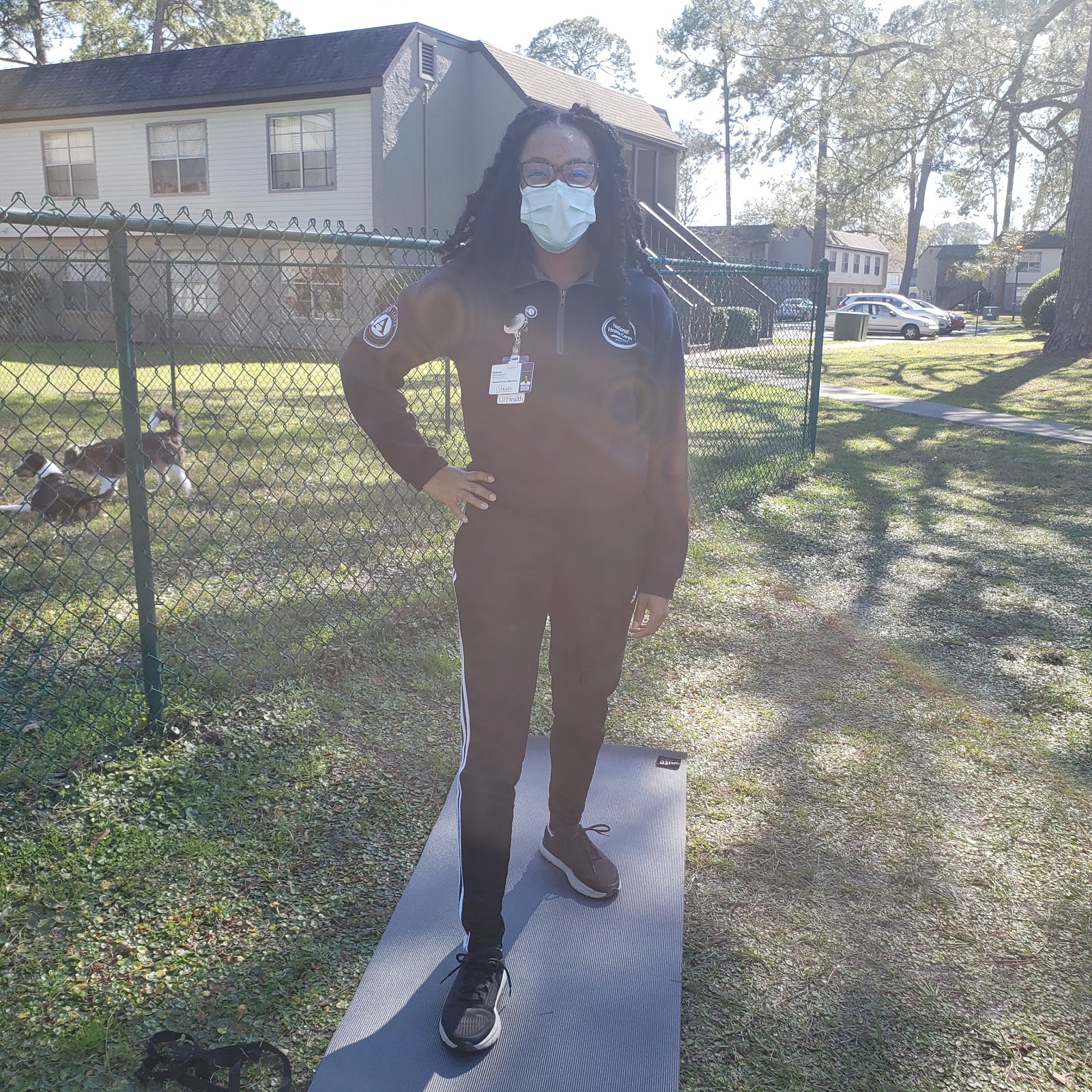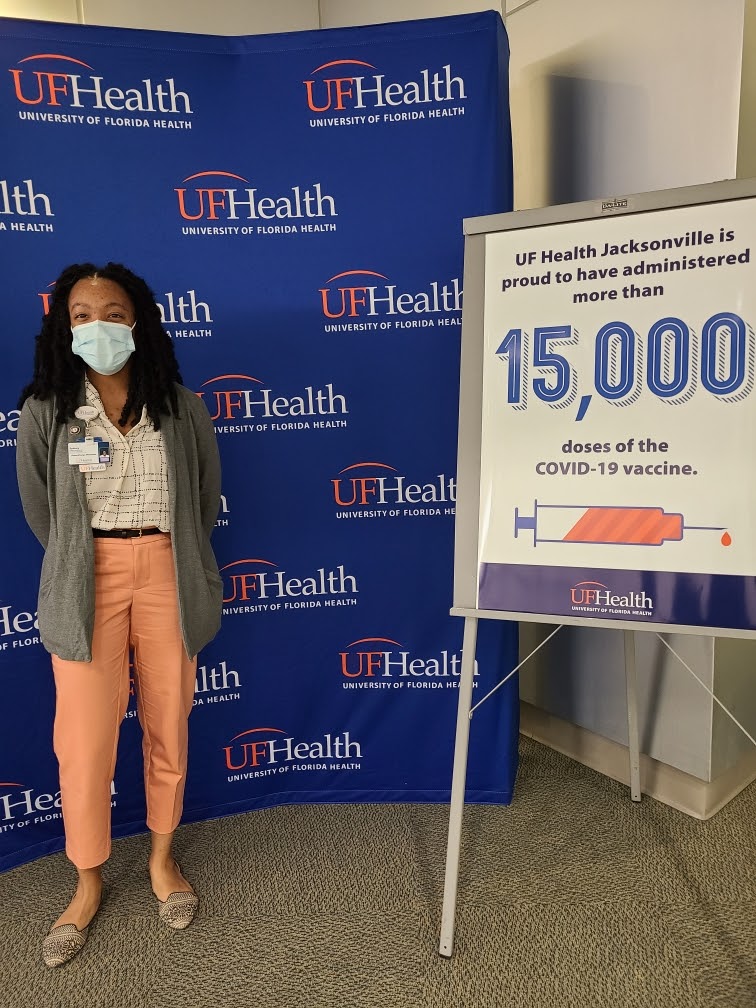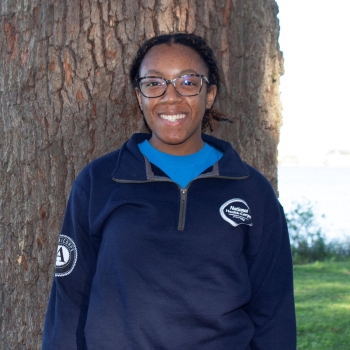Bridging the Barriers: We all need extra support by Sydney Arrington

It was a Friday afternoon and I had just received my first request for assistance with a client from a case manager at UF Health Healthy Start. As a care coordinator, I have the opportunity to connect pregnant, postpartum, and interconception women to community resources and home visiting programs. I provide education to promote a healthy pregnancy, child development, and client’s wellness. In addition, I offer one-on-one visits for clients interested in nutrition and exercise. I was eager to take on the task of assisting the client apply for childcare for her 3 month old baby. Yet, little did I know how challenging it would be. What I initially envisioned to be a quick home visit, developed into a need for support in other areas of the client’s life.

Since the pandemic began, access to care has grown into an even bigger public health issue which I have seen in many aspects at my host site. Many community programs that offer home visiting services to clients have transitioned to virtual visits or modified home visits. When planning the meeting, I assessed for any barriers that could hinder a successful visit. After asking a few questions, I learned that she did not have a car, nor did she have Wi-Fi in her home, and she preferred to meet in-person. So we agreed to meet in the afternoon at the house of the father of the baby where we could have access to the internet and a porch to social distance. The application was long and asked for many items that the client was not prepared for. At times she became frustrated with how demanding the process was. However once it was complete, she expressed her gratitude to me and was happy to finally reach closer to her goal of enrolling her baby in daycare. As taught during host site training, I asked if there was anything else I could do to assist her. She quickly sparked up saying, “Let's apply for some job applications.” So we spent another hour researching and applying to jobs in her area. I later learned she was nervous about interviewing and wanted some tips and suggestions to perfect her resume. We planned to meet again and practice a mock interview.
The childcare application evolved into other necessary steps to reach the overall objective. If her baby is not enrolled in daycare, she cannot work. If she is unable to secure a job, she will risk struggling to provide for her and her child. I learned that care coordination is not a one-step-fits-all formula. Instead, sometimes the formula needs to be erased, rewritten, and reviewed. There is not one written way to conduct home visits, but the most important part is making a meaningful connection and prioritizing what the client needs. Care coordination can be daunting at times when it feels like projects or tasks are stuck at a standstill. Nevertheless, it is the small feats that make this service worthwhile. We all need extra support from time-to-time, no matter how miniscule the project may be.

I am thankful to serve with Healthy Start at UF Health where I have the opportunity to meet individuals from diverse cultures and backgrounds and understand how I can better serve the clients I interact with. Every day brings something new and I am always learning.
Host Site
Jacksonville FL, 32209
Jacksonville FL, 32209
